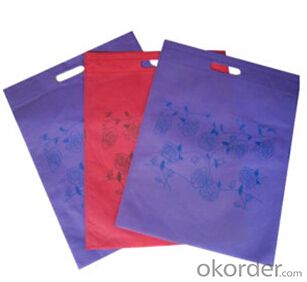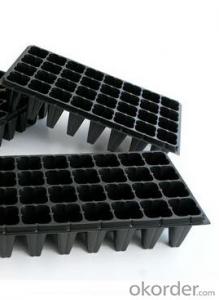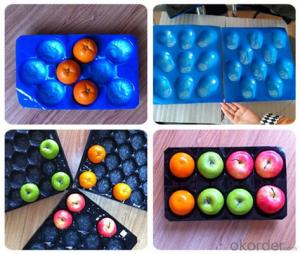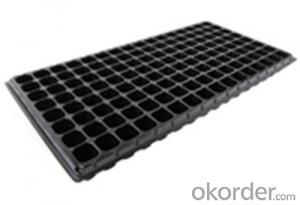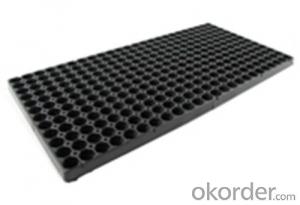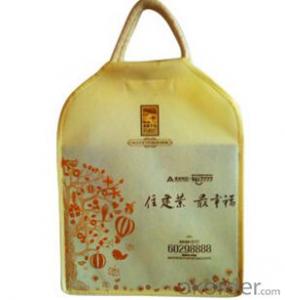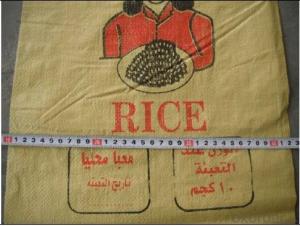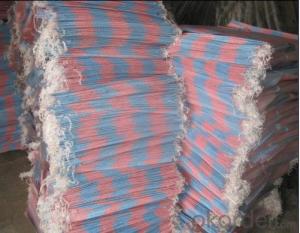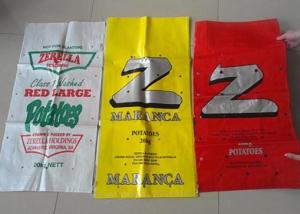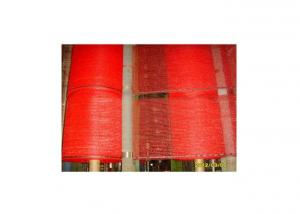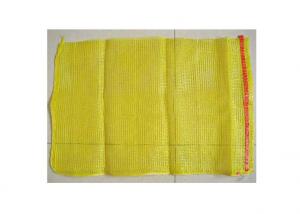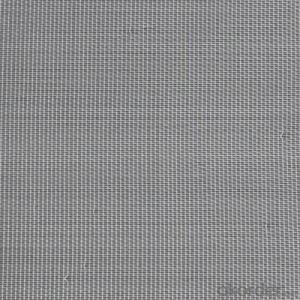Nonwoven Bag for Gift Tote
- Loading Port:
- Qingdao
- Payment Terms:
- TT OR LC
- Min Order Qty:
- -
- Supply Capability:
- 50000pcs m²/month
OKorder Service Pledge
Quality Product, Order Online Tracking, Timely Delivery
OKorder Financial Service
Credit Rating, Credit Services, Credit Purchasing
You Might Also Like
1.What is your main products ?
Our main products are made from PE ,PP etc and could be used for agriculture and construction ,etc .
2.What is your payment term ?
We could accept TT ,LC.
3.What is your delivery time ?
The delivery time is around 30days per container, sometimes we have stocks .Item no. XHWK001
Size: 30cmW*45cmH
Material non woven
Weight: 80gsm
Piping: No piping, inside sew
Handle: Non woven
Print: Silkscreen
Others: Punched plastic handle
1). Material: Eco-friendly non-woven fabrics.
2). Printing: CMYK silkcreen printing, heat transfer, lamination, etc.
3). Handle: Self non woven fabric stitched with "X" to reinforce, "X" not visible from the outside
4). Weight: 80GSM, 60-120GSM non woven fabric can be choose.
5). Size: Your request is welcomed, customized.
6). Features: Eco-firendly, high quality, recyclable, reasonable price, 100%manufacturer.
7). Application: Suitable for advertisement, gift bag, grocery store, surpermarket shopping, sales promotion and so on.
8). Color reference: CMYK/PMS/full color
Label: As customized sew or not sew "made in china" label
Packing: 100pcs per carton; 1 opp bag for one carton or customerized
OEM order are acceptable
Advantage:
1)Strong quality control system
2) Competitive price
3) High quality goods
4) Fast reply within 24hours
4) Timely delivery
- Q: How do agricultural plastic products help with fruit preservation?
- Agricultural plastic products help with fruit preservation by providing a protective barrier that reduces exposure to external elements, such as pests, diseases, and extreme weather conditions. This helps to maintain the quality and freshness of fruits, extending their shelf life and reducing spoilage. Additionally, certain plastic materials, like breathable films, can regulate the gas exchange between the fruit and its surroundings, allowing for better control of ripening processes.
- Q: This question asks for an overview of innovative technologies that are currently being employed in the manufacturing of agricultural plastic products.
- <p>New technologies in the production of agricultural plastic products include biodegradable plastics, which are designed to break down naturally, reducing environmental impact. Precision agriculture technologies, such as drones and sensors, are used for monitoring crop health and optimizing the use of plastic mulches and covers. Nanotechnology is employed to create smart plastics with enhanced properties like UV resistance and self-cleaning capabilities. 3D printing is being explored for custom-made agricultural tools and structures. Additionally, the Internet of Things (IoT) is integrated to provide real-time data on soil and environmental conditions, aiding in the efficient use of plastic products in agriculture.</p>
- Q: How are plastic seedling trays used in agriculture?
- Plastic seedling trays are used in agriculture as a convenient and efficient way to start and grow plants from seeds. These trays provide a controlled environment for seed germination and early growth stages, allowing farmers and gardeners to easily manage the planting process. The trays are filled with soil or a germination medium, and seeds are planted in individual cells or compartments. They help with uniformity in seed spacing, promote proper root development, and make it easier to transplant seedlings into larger containers or directly into the field. Additionally, plastic seedling trays are reusable, durable, and can be easily cleaned and sanitized, making them a cost-effective and sustainable choice for agricultural practices.
- Q: I did like to know how they make plastic bottle , oh so many of them. I do like to hear from you.Thank you.
- plastic begins as petroleum, they refine the petroleum to make many kinds of plastics.
- Q: Are nursery trays suitable for starting cacti and succulents?
- Yes, nursery trays are suitable for starting cacti and succulents. These trays provide a controlled environment for germination and early growth, allowing for proper drainage and moisture retention. They also make it easier to group similar plants together and monitor their progress.
- Q: How do I with common household chemicals?
- Usually, you can scratch it off. Try a butter knife.
- Q: Can ground cover plants be used to attract butterflies?
- Yes, ground cover plants can definitely be used to attract butterflies. Many ground cover plants, such as creeping thyme, sweet alyssum, and creeping phlox, produce nectar-rich flowers that butterflies are attracted to. These plants not only provide a food source for adult butterflies but also offer shelter and a place for them to lay their eggs. By incorporating ground cover plants into your garden or landscape, you can create a butterfly-friendly habitat and enjoy the beauty of these delightful creatures.
- Q: Do nursery trays come with labels or markers for plant identification?
- Yes, nursery trays often come with labels or markers for plant identification. These labels or markers are typically included to help gardeners keep track of the different plants in their nursery trays.
- Q: Can nursery trays be used for starting plants for restoration ecology?
- Yes, nursery trays can be used for starting plants for restoration ecology. Nursery trays provide an organized and controlled environment for germinating and growing plants, allowing for better monitoring and care of seedlings. This helps ensure a higher success rate in the establishment of plants for restoration ecology projects.
- Q: What are the benefits of using plastic bee hives in beekeeping?
- Plastic bee hives offer several benefits in beekeeping. Firstly, they are lightweight and durable, making them easy to handle and transport, while also ensuring longevity. Secondly, plastic hives provide better insulation, maintaining stable temperatures for the bees, especially during extreme weather conditions. Additionally, plastic hives are resistant to pests and diseases, reducing the risk of infestations and protecting the bee colony. They are also easy to clean and maintain, promoting good hive hygiene. Lastly, plastic hives often have innovative designs that offer features such as integrated feeder systems or improved ventilation, further enhancing the beekeeper's ability to manage the hive effectively.
Send your message to us
Nonwoven Bag for Gift Tote
- Loading Port:
- Qingdao
- Payment Terms:
- TT OR LC
- Min Order Qty:
- -
- Supply Capability:
- 50000pcs m²/month
OKorder Service Pledge
Quality Product, Order Online Tracking, Timely Delivery
OKorder Financial Service
Credit Rating, Credit Services, Credit Purchasing
Similar products
Hot products
Hot Searches
Related keywords

